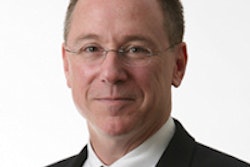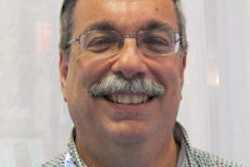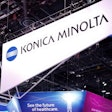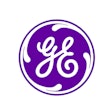Dear AuntMinnie Member,
Developers have taken major strides in recent years toward making medical device implants that are safe to scan with MRI. But most of our understanding of implant safety is based on scans at 1.5-tesla and 3-tesla field strengths. What happens to implants at ultrahigh-field 7 tesla?
A group from Vanderbilt University wanted to find out. The researchers tested 28 implants to see how they reacted to MRI scans at different field strengths; we bring you their results in a new article in our MRI Digital Community.
Certain types of implants were fine at 7-tesla scanning, while others weren't. And some implants behaved differently at 3-tesla and 7-tesla field strengths. Find out which was which by clicking here, or visit the community at mri.auntminnie.com.
Leaving your PACS vendor
Breaking up is hard to do, especially when it's your PACS vendor. But when your PACS is 10 years old, perhaps it's time to move on.
That's the perspective of a hospital in Saudi Arabia that decided to switch vendors when it came time to install a new PACS, according to a new article from the Arab Health 2014 conference that we're highlighting in our Middle East Digital Community.
PACS administrators at King Abdulaziz University Hospital in Jeddah encountered a number of challenges when moving to the new vendor -- one of which was a hospital IT department that declined to participate in the project when it discovered that the old vendor was being booted.
But the team persevered, and the lessons learned are invaluable regardless of where your hospital is located. Find out how the group did it by clicking here, or visit our Middle East Digital Community at me.auntminnie.com.
In defense of teleradiology
Once considered a boon for medical imaging, teleradiology is now viewed with suspicion by many radiology groups, which see teleradiology firms as potential competitors for contracts with hospitals.
But it doesn't need to be that way, according to an editorial we're highlighting this week by Dr. John Feole of Strategic Imaging Consultants, a teleradiology firm based in Chapel Hill, NC. Dr. Feole believes that teleradiology can continue to support local radiologists, helping them provide better service to both patients and hospitals.
In his article, Dr. Feole addresses many of what he sees are the misconceptions about teleradiology. He also provides some advice on what local groups can do to protect themselves when establishing a relationship with a teleradiology firm. Read more by clicking here.



















